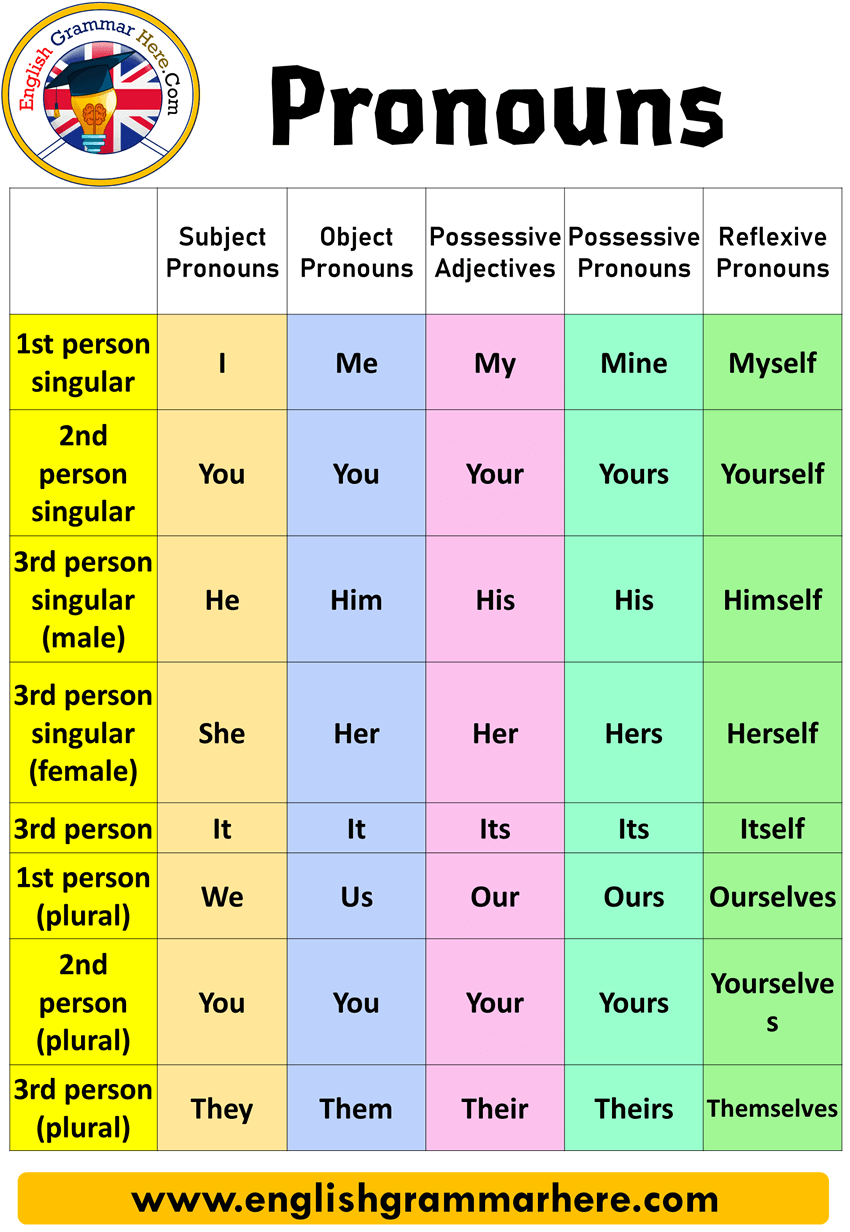
A few exceptional cases, which include nosism, are presented below. We 's referents generally must include the speaker, along with other persons. Adverb phrase external modifier: not even us.Adjective phrase modifier: Not a lot of people know the real us.Determiner: Not a lot of people know the real us.Relative clause modifier: we who arrived late.Pronouns rarely take dependents, but it is possible for we to have many of the same kind of dependents as other noun phrases. The contracted object form 's is only possible after the special let of let's do that. Dependent determiner: We reached our goals We humans aren't perfect Give it to us students.Predicative complement: They have become us We eventually felt we had become ourselves.Object: They saw us She pointed them to us We though about ourselves.Subject: We're there us being there our being there we planned for ourselves to be there.The reflexive form also appears as an adjunct. We can appear as a subject, object, determiner or predicative complement. : 1048 As a result, some scholars consider we to belong to the personal gender, along with who. This is seen as a new personal / non-personal (or impersonal) gender system. At the same time, a new relative pronoun system was developing that eventually split between personal relative who and impersonal relative which. : 117 But by the 17th century, that old gender system, which also marked gender on common nouns and adjectives, had disappeared, leaving only pronoun marking. Only third-person pronouns had distinct masculine, feminine, and neutre gender forms. We is not generally seen as participating in the system of gender.

Ourselves replaced original construction we selfe, us selfum in the 15th century, so that, by century's end, the Middle English forms of we had solidified into those we use today. : 117 The ours genitive can be seen as early as the 12th century. Old English, first-person dual and plural : 117īy late Middle English the dual form was lost and the dative and accusative had merged. The following table shows the old English first-person plural and dual pronouns: Similarly, us was used in Old English as the accusative and dative plural of we, from PIE * nes. We has been part of English since Old English, having come from Proto-Germanic * wejes, from PIE * we. Further information: Old English pronouns, Proto-Germanic pronouns, and Proto-Indo-European pronouns


 0 kommentar(er)
0 kommentar(er)
